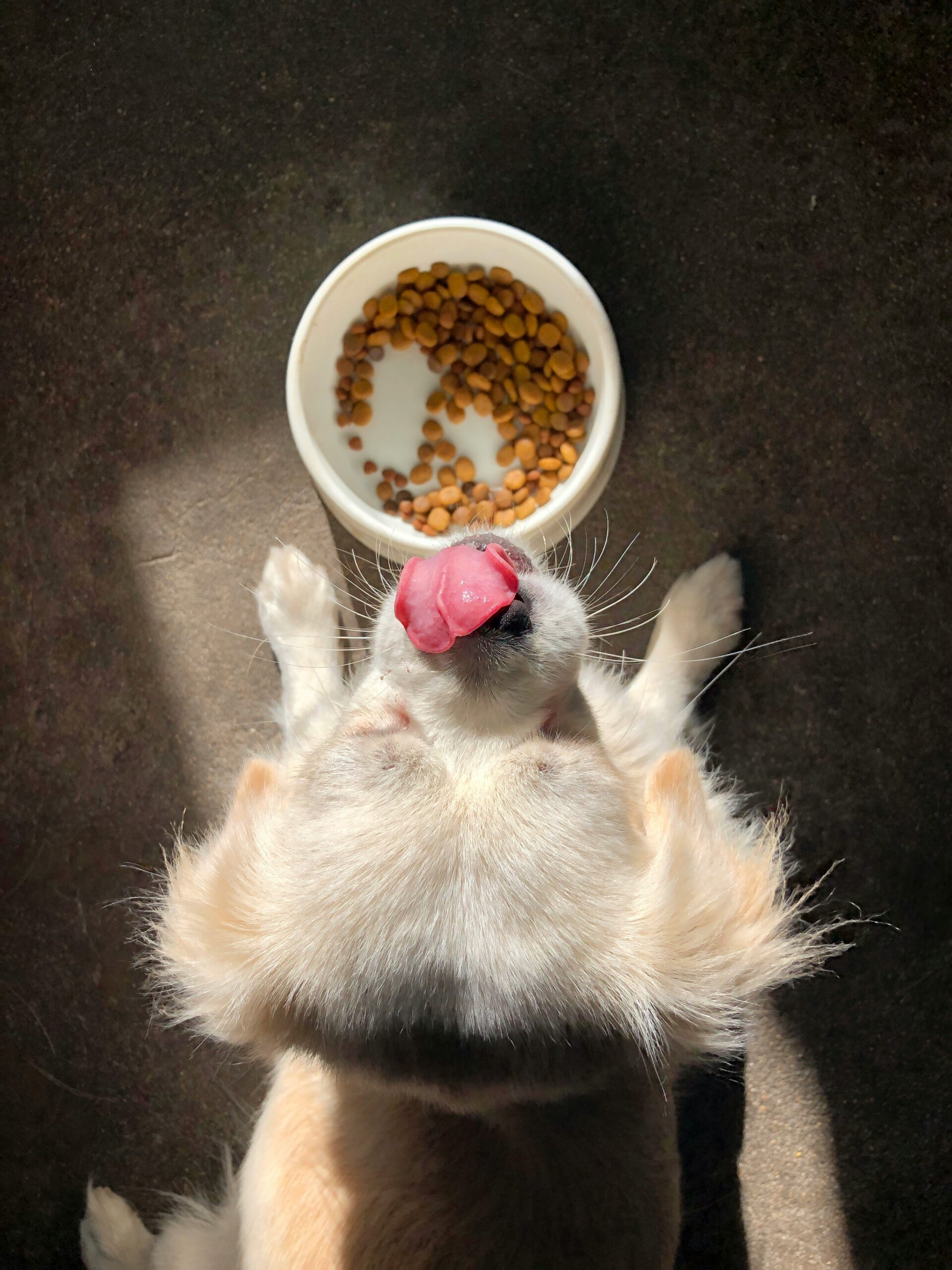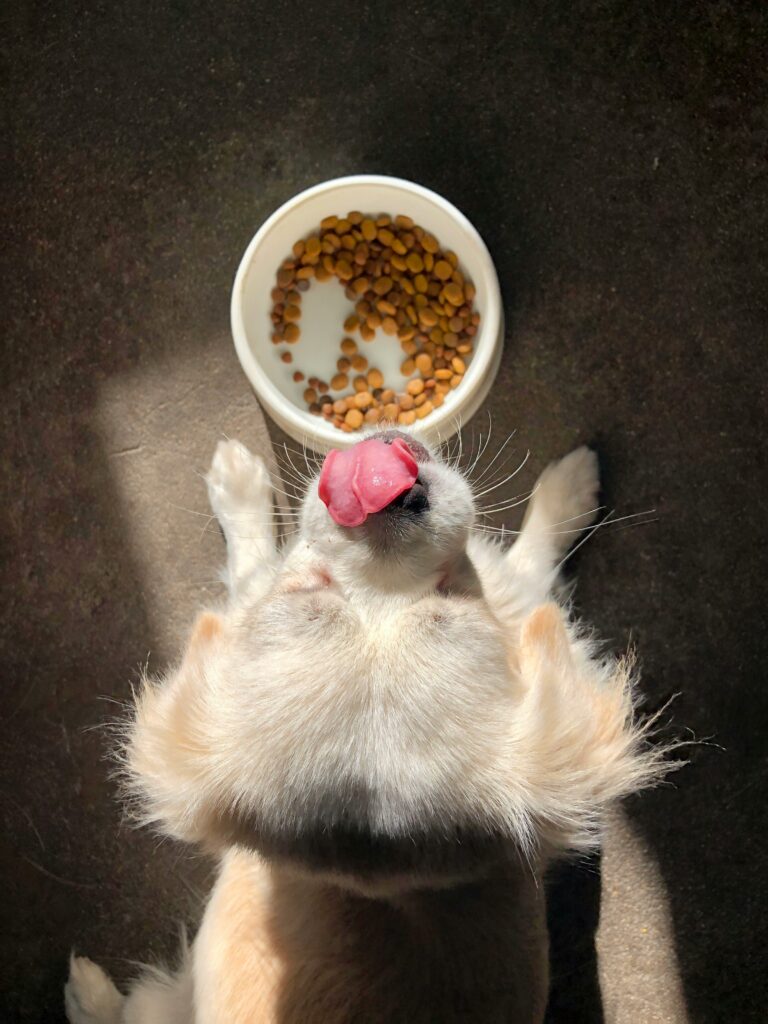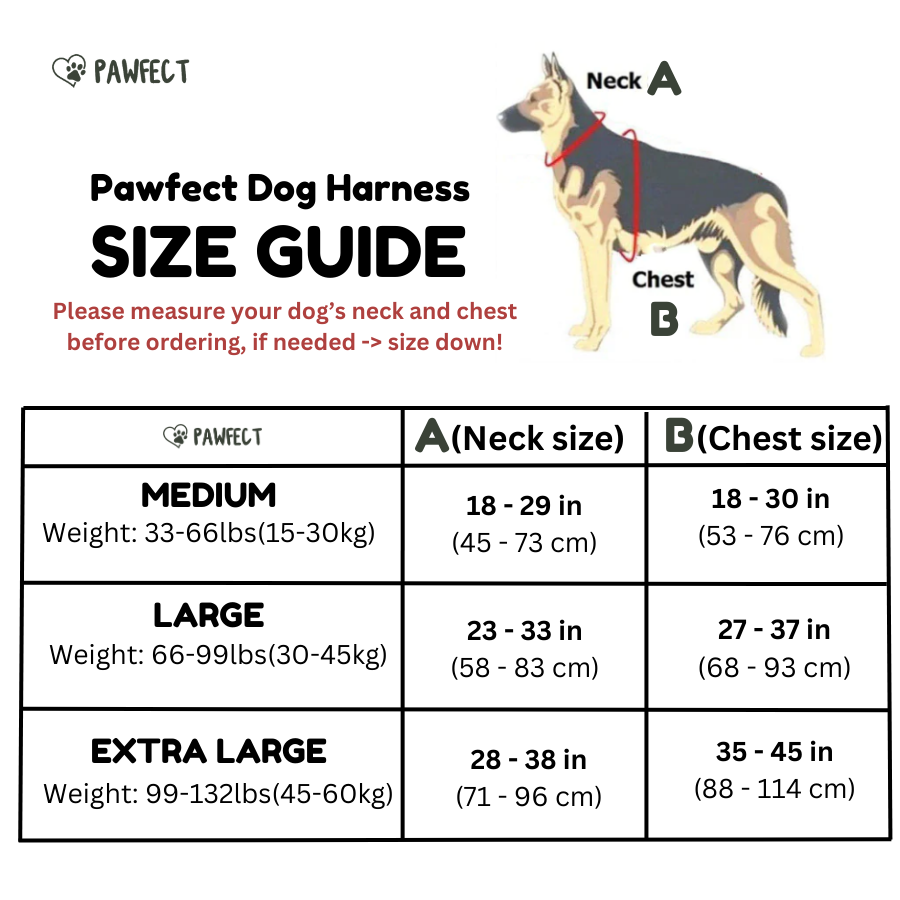The Importance of Pet Nutrition: A Guide to Keeping Your Furry Friends Healthy 🐾

As pet owners, we all want to provide the best care for our furry friends. One of the most crucial aspects of pet care is nutrition. Just like humans, pets require a balanced diet to maintain their health, energy levels, and overall well-being. This blog post delves into the essentials of pet nutrition and how you can ensure your pets are getting the nutrients they need.
Understanding Pet Nutrition 🥗
Pet nutrition involves more than just feeding your pets. It encompasses understanding their dietary needs based on factors such as species, breed, age, and health condition. Here are some fundamental elements of pet nutrition:
- Proteins 🥩: Essential for growth, muscle development, and overall health. High-quality protein sources include meat, fish, and eggs.
- Carbohydrates 🍚: Provide energy and support digestive health. Good sources are grains, fruits, and vegetables.
- Fats 🥑: Important for energy, skin health, and nutrient absorption. Healthy fats are found in fish oil, flaxseed, and chicken fat.

- Vitamins and Minerals 🥦: Crucial for metabolic functions, bone health, and immune system support. These can be obtained from a variety of foods and supplements.
- Water 💧: The most critical nutrient, essential for every bodily function. Ensure your pet has access to fresh water at all times.
Tailoring Diets to Specific Needs 🐕🐈
Every pet is unique, and their nutritional needs can vary greatly. Here’s how you can tailor their diets to their specific requirements:
- Age: Puppies and kittens need more protein and fat for growth, while senior pets may require fewer calories and more fiber.
- Breed: Large breeds may need joint supplements, while smaller breeds might benefit from calorie-dense foods.
- Health Conditions: Pets with conditions like diabetes, kidney disease, or allergies may require specialized diets.
“Providing proper nutrition is one of the most important ways to care for your pet.”
Reading Pet Food Labels 🏷️
Understanding pet food labels can help you make informed choices. Look for the following:
- Ingredient List: Ingredients are listed by weight. High-quality foods have meat listed first.
- Nutritional Adequacy Statement: Indicates the food meets the nutritional levels established by the AAFCO.
- Guaranteed Analysis: Shows the minimum or maximum levels of nutrients in the food.
Common Nutritional Mistakes 🚫
- Overfeeding: Leads to obesity and related health issues. Follow feeding guidelines and adjust portions as needed.
- Underfeeding: Can result in nutrient deficiencies. Ensure your pet is eating enough based on their weight and activity level.
- Inappropriate Human Foods: Some human foods are toxic to pets, such as chocolate, grapes, and onions. Always check before sharing.

Homemade vs. Commercial Pet Food 🍲🛒
Both homemade and commercial pet foods have pros and cons:
- Homemade: Allows control over ingredients but requires careful planning to ensure balanced nutrition.
- Commercial: Convenient and designed to meet nutritional needs but varies in quality. Opt for reputable brands with high-quality ingredients.
Supplements and Treats 🎁
While a balanced diet is usually sufficient, some pets may benefit from supplements:
- Joint Supplements: For older pets or breeds prone to joint issues.
- Omega-3 Fatty Acids: Promote healthy skin and coat.
- Probiotics: Support digestive health.
Treats should be given in moderation and should not exceed 10% of your pet’s daily caloric intake.
Monitoring and Adjusting Diets 📊
Regular veterinary check-ups are essential to monitor your pet’s health and nutritional needs. Adjust their diet based on:
- Weight Changes: Adjust portions if your pet gains or loses weight.
- Activity Level: More active pets may require more calories.
- Health Conditions: Modify diets based on any diagnosed health issues.

Conclusion 🏆
Providing proper nutrition is one of the most important ways to care for your pet. By understanding their dietary needs and making informed choices, you can ensure your furry friends live a healthy and happy life. Always consult with your veterinarian for personalized advice and recommendations.
Tags
What do you think?
Related Articles

The Benefits of Adopting Senior Pets
The Joys of Adopting Senior Pets Adopting senior pets offers countless benefits, both for the pets and their new families. Here’s a detailed look

Holiday Food Dangers for Dogs and Cats
We look forward to the deliciousness of the holiday season for many reasons – special meals and drinks, seasonal treats…

Indoor Games with Pets
Playing with your pets is a great way to reinforce training, strengthen your bond, incorporate exercise into your daily routine…
 Free SHIPPING ON ALL ORDERS
Free SHIPPING ON ALL ORDERS 
